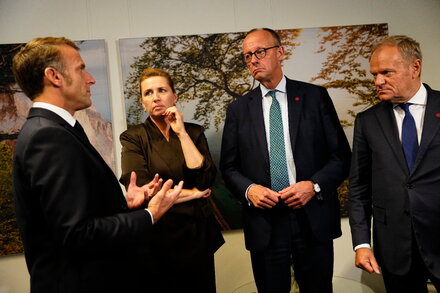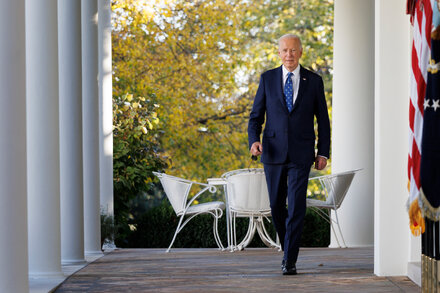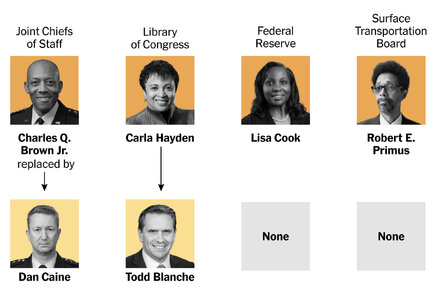France, long a major global diplomatic player, is experiencing a noticeable decline in its international influence. This perceived weakening is increasingly linked to a period of persistent domestic instability and political turbulence within the nation.

PARIS — France, long a formidable player on the global diplomatic stage, is grappling with a perceptible decline in its international influence, a trend many analysts attribute directly to a period of persistent domestic instability and political turbulence.
From contentious pension reforms that sparked widespread protests to a series of parliamentary impasses and a palpable rise in social divisions, the nation’s internal focus has increasingly drawn attention and resources away from its traditional role as a leading voice in European and global affairs.
Over the past two years, President Emmanuel Macron’s administration has faced significant challenges in implementing its agenda, often resorting to constitutional measures to bypass parliamentary opposition. This internal struggle, marked by a perception of executive weakness and a fractured political landscape, appears to have reverberated beyond its borders.
“When a major European power like France is continually consumed by its own internal crises, it inevitably projects an image of distraction,” commented a senior European diplomat, who requested anonymity to speak candidly. “Its partners begin to question its capacity for decisive leadership on complex international issues.”
Erosion of Influence in Key Regions
The impact is particularly noticeable in regions where France has historically held significant sway. In Africa, especially the Sahel, a series of military coups and a rising tide of anti-French sentiment have seen Paris’s long-standing security and diplomatic partnerships unravel. Despite efforts to recalibrate its approach, France has struggled to regain lost ground, with some critics suggesting its domestic preoccupations hindered a swift and effective response to evolving geopolitical dynamics.
Within the European Union, the Franco-German engine, often seen as the bloc’s driving force, has also shown signs of strain. While cooperation continues on many fronts, differing strategic priorities on issues ranging from defense and energy to industrial policy have emerged. Analysts suggest that France’s internal political fragility makes it harder for Paris to consistently project a unified vision or to push through ambitious European initiatives with the same vigor as in previous eras.
Challenges to a Unified Front
Observers point to a broader difficulty in presenting a consistent and powerful diplomatic front on issues ranging from the war in Ukraine to global economic governance. The nation’s perceived internal divisions, coupled with a series of ministerial reshuffles and policy adjustments, can create an impression of unpredictability.
“Diplomacy thrives on consistency and the ability to project long-term vision,” said Dr. Genevieve Dubois, a professor of international relations at Sciences Po. “When a government is constantly battling domestic headwinds, it becomes incredibly challenging to maintain that necessary perception of strength and stability abroad. The world takes note when a nation’s energy is predominantly turned inward.”
While French officials maintain that the nation remains fully engaged on the international stage, acknowledging internal challenges while asserting resilience, the consensus among many diplomatic circles is that resolving the domestic turbulence will be crucial for France to fully reclaim its once-unquestioned diplomatic clout.
Source: Read the original article here.





